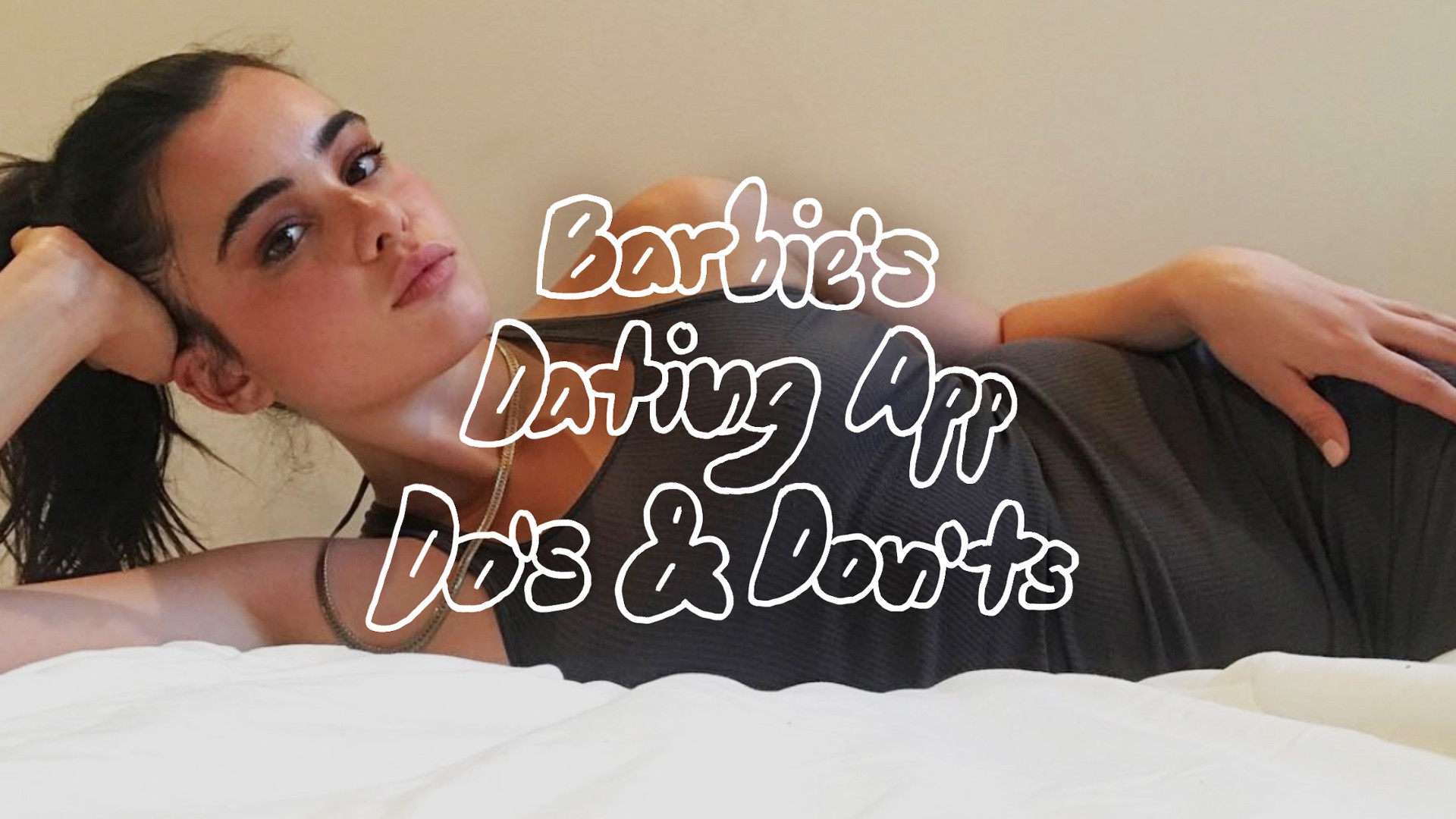Photo by Shan Dodd via Stocksy
Welcome to the VICE Guide to Life, our imperfect advice on becoming an adult.It’s 11 PM on a Friday, and whether you're getting the party started with pre-drinks at your friend’s house or dancing with your housemates at your favorite club, the night is still young and you’re having the time of your life. Then, next thing you know, you lose all ability to use your limbs, your eyes start rolling towards the back of your head and you’re throwing up so much that people mistake you for the girl from The Exorcist. The last thing you remember before blacking out was a group of sketchy dudes you’ve never seen before at your student union staring at you for a little too long from across the room.Sounds all too familiar? Well, I was one of the unlucky ones that ended up in hospital from getting my drink spiked on a night out during my second year of university. Thanks to my quick-thinking friends and the bar staff that night I turned out okay, but who knows what would’ve happened if they weren’t there? The sad reality is, I know I’m not alone in this story. As the Independent reports, more than three in five students have been sexually assaulted or harassed while at university, but only a fraction of those will actually report the experience to their university.Creeps can come in all shapes and sizes, but their intentions are always the same. With a bit of expert know-how, here’s how to keep your wits about you to prevent rude, creepy and violent behaviour from happening to others in the future.Bystander intervention is an effective strategy that prevents sexual violence and other types of harassment. We can all be bystanders as we watch everyday events unfold around us, but it only takes one person—whatever their gender—to step in and be an active bystander to make a change.
Watch: Barbie Ferreira's Guide to Online Dating “Far too often harassment is simply accepted as normal. You can make a choice to take a stand against harassment when you’re out and by being an active bystander it means not standing by or pretending to ignore harmful behaviour when you see it,” says Jen Calleja co-director of Good Night Out, a nightlife-focused anti-harassment and assault UK initiative. “It means knowing what steps to take to respond appropriately to harassment, avoiding escalation and offering support to someone in a moment where they may really need it.”Pay attention to what is going on around you and if you sense something’s wrong, be sure to assess the situation first before doing anything. “Learning to recognize when someone is in danger and how you can intervene safely is an important skill, but it’s not just a matter of girls sticking together everyone should play a part.” says Sarah Green, spokesperson for the End Violence Against Women Coalition. “We all have a responsibility for zero tolerance towards normalizing this problem behaviour and challenging the attitude.”Sometimes it’s hard to tell if someone is in need of help. Always err on the side of caution and investigate—don’t be sidetracked by ambiguity, conformity, or peer pressure. “Be neutral and friendly. You’re showing that you’re aware of the situation—not rushing in or taking over.” Calleja adds. “If they don’t need help, then no harm done!” It’s better to be safe than sorry and what’s five minutes out of your night could be a life changing difference to someone else’s life.Sign up for workshops, training and get support within your university. Learn how to stand up for others when you witness hate and harassment. “The key thing is not to minimize, downplay or brush off incidents,” says Green. “Let them talk, speak out and take it further if need be.” There’s no shame in asking for help or relying on others. No matter how big or small you might think the incident or problem is—report it. I made the mistake of brushing what happened to me under the rug and let it go unreported because I didn’t want to kick up a fuss. Don’t make the same mistake as I did and take a stand.
“Far too often harassment is simply accepted as normal. You can make a choice to take a stand against harassment when you’re out and by being an active bystander it means not standing by or pretending to ignore harmful behaviour when you see it,” says Jen Calleja co-director of Good Night Out, a nightlife-focused anti-harassment and assault UK initiative. “It means knowing what steps to take to respond appropriately to harassment, avoiding escalation and offering support to someone in a moment where they may really need it.”Pay attention to what is going on around you and if you sense something’s wrong, be sure to assess the situation first before doing anything. “Learning to recognize when someone is in danger and how you can intervene safely is an important skill, but it’s not just a matter of girls sticking together everyone should play a part.” says Sarah Green, spokesperson for the End Violence Against Women Coalition. “We all have a responsibility for zero tolerance towards normalizing this problem behaviour and challenging the attitude.”Sometimes it’s hard to tell if someone is in need of help. Always err on the side of caution and investigate—don’t be sidetracked by ambiguity, conformity, or peer pressure. “Be neutral and friendly. You’re showing that you’re aware of the situation—not rushing in or taking over.” Calleja adds. “If they don’t need help, then no harm done!” It’s better to be safe than sorry and what’s five minutes out of your night could be a life changing difference to someone else’s life.Sign up for workshops, training and get support within your university. Learn how to stand up for others when you witness hate and harassment. “The key thing is not to minimize, downplay or brush off incidents,” says Green. “Let them talk, speak out and take it further if need be.” There’s no shame in asking for help or relying on others. No matter how big or small you might think the incident or problem is—report it. I made the mistake of brushing what happened to me under the rug and let it go unreported because I didn’t want to kick up a fuss. Don’t make the same mistake as I did and take a stand.
Advertisement
What is bystander intervention?
Watch: Barbie Ferreira's Guide to Online Dating

Advertisement
How can I tell if someone’s in danger?
How can I intervene safely?
Remember: Never put yourself in harm’s way and only intervene if it’s safe to do so. Intervening doesn’t necessarily mean physically stopping something or resulting in violence, there are plenty of ways to diffuse a situation. It could mean anything from a disapproving look, interrupting or distracting the perpetrator, not laughing at a sexist or a violent joke, talking about their behaviour in a non-confrontational way to caring for a friend who’s experienced problematic behaviour. If you feel you’ve done everything in your power or don’t feel comfortable engaging in the situation yourself, then you can always seek assistance elsewhere call all on bar staff, bouncers, and security guards to help.Katt Walton, vice-president for women at Oxford University Student Union, runs bystander intervention training to help students be proactive and productive bystanders. “Obviously every situation is different but it’s important that people act with safety in mind first, never engage in a situation if it is going to be dangerous to you or others,” she explains. “As an ally to marginalized groups who are overwhelmingly more likely to face harassment, standing up and doing something whether it be instantly or after is very important, we must not be passive bystanders in our community.”
